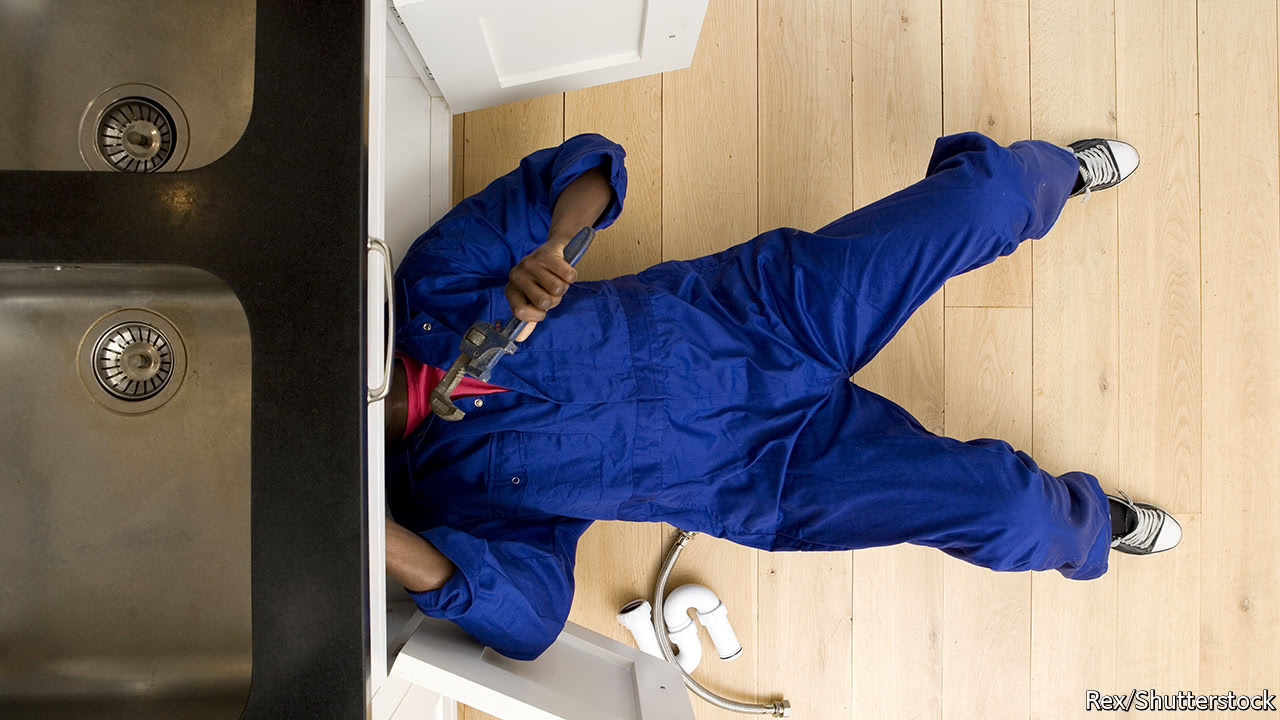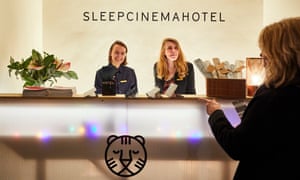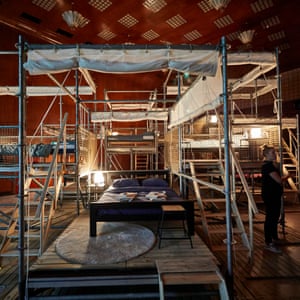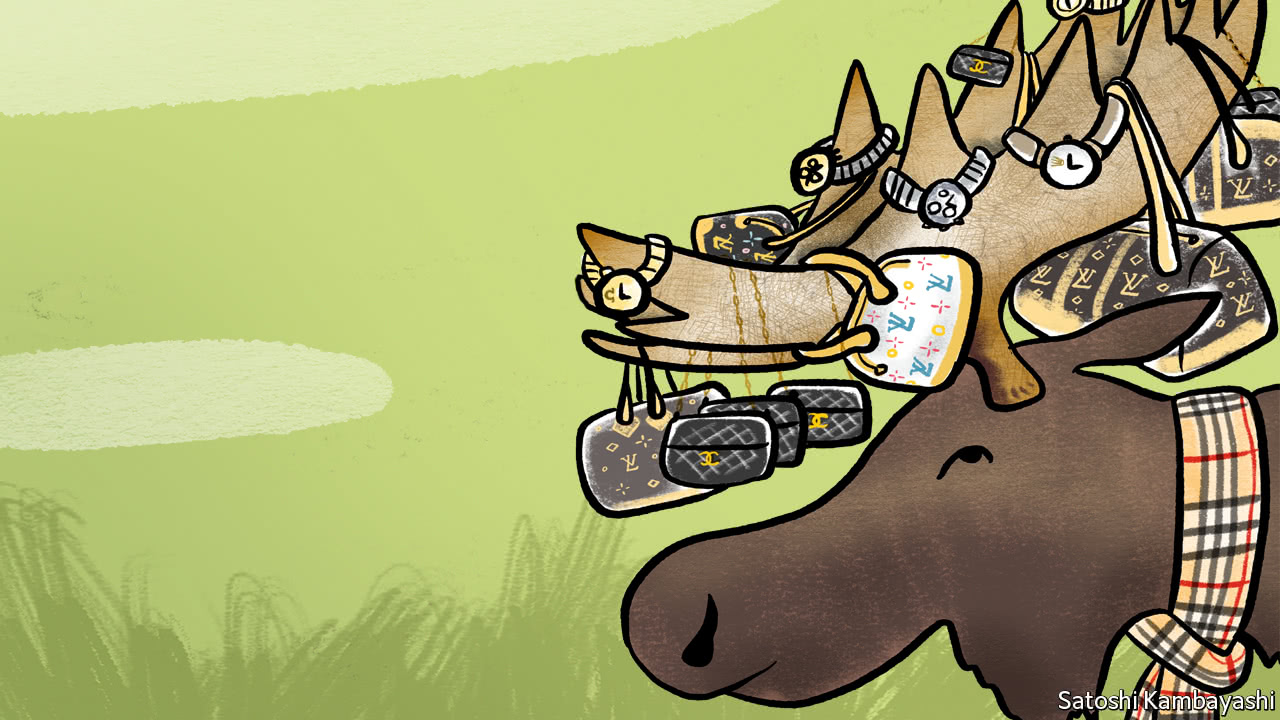You can also listen to this audio by clicking on the Play Button
2/25/2018
Man finds bag of cash
Titusville, Fla. – Robby Robinson ____________________ (discover) a bank bag full of money sitting in the middle of busy Hopkins Avenue in Titusville.
He ____________________ (pick) up the bag, ____________________ (discover) it was full of cash and still ____________________ (have) a TD bank receipt in it.
So he ____________________ (drive) his car to the bank, ____________________ (turn) it in and ____________________ (explain) the situation.
"Hey, I ____________________ (find) this bank bag. It ____________________ (belong) to somebody, and there ____________________ (be) a receipt in there," ____________________ (say) Robinson, who ____________________ (own) a local termite and pest control business.
Then he ____________________ (take) to social media, where he ____________________ (post) a photo of the bag on a popular Titusville Facebook group and ____________________ (write) the bank attendant's name to whom he had given the cash.
Dozens of people ____________________ (leave) comments praising Robinson. More than 1,000 likes were made on the post.
But perhaps the most special of all ____________________ (be) this one:
"Just to throw this into the mix of all this positive commotion from everyone and especially the ones saying that you made someone’s day, I AM THAT SOMEONE! I thank you, Robby, for your actions. I really appreciate it. I was a wreck over this even with my boss telling me not to worry about it,"
The bank ____________________ (return) the bag where it ____________________ (belong), and the man who ____________________ (lose) it was connected with the person who ____________________ (show) the community that kindness persists in an often chaotic world.
Robinson ____________________ (say) he wasn't expecting praise when he ____________________ (post) in the Facebook group; he was just trying to help.
He said he ____________________ (feel) God had put him in the right place at the right time.
2/24/2018
Canada’s blacklisted shopping mall
“Rolex” watches that cost as little as a T-shirt.
You would not expect to find such obvious fakery at a suburban shopping mall in Canada. But, according to the office of the United States Trade Representative (USTR), deals of this sort are available at the Pacific Mall in Markham, near Toronto, which calls itself “the largest Chinese shopping mall in North America”.
Its latest report on “notorious markets” lists the three-floor mall alongside the Silk Market in Beijing, Tank Road in Delhi and El Tepito, an open-air market in Mexico City, as places where people can buy counterfeit goods. It is the first time a Canadian bricks-and-mortar outlet has appeared in the report, which has been published since 2011.
Canada appears regularly on the USTR’s annual list of countries that are doing too little to protect intellectual property. The USTR estimates that global trade in counterfeit goods is worth $500bn a year, about 2.5% of total imports. Until now, it has directed most of its complaints about physical retail outlets at developing countries where the rule of law is weak. By fingering the Pacific Mall it is turning up the heat on Canada.
In 2014 Canada enacted a law to give customs officers more power to detain shipments and toughened sanctions against people who violate copyrights and trademarks. But after hunting out drugs, guns and illegal immigrants, border guards have little time and money to look for non-Swiss Swiss watches. Over the past two and a half years Canada has detained fewer than 50 suspect shipments, says Lorne Lipkus, a Canadian lawyer who specialises in counterfeiting issues. American customs catch some 30,000 a year.
Flying without a ticket (audio)
You can also listen to the audio file by clicking on the Play Button
If you are interested in reading Joe Eskenazi's article, click on the logo below
The Pimlico Plumbers case
 Last Tuesday the gallery of Britain’s Supreme Court was filled with academics, trade unionists and businesspeople who wanted to watch a hearing concerning a dispute between Pimlico Plumbers, a big London company, and one of its former engineers, Gary Smith. The case centres on whether Pimlico correctly classed Mr Smith as self-employed, or whether, as he argues, his relationship with the company more closely approximated one of employment.
Last Tuesday the gallery of Britain’s Supreme Court was filled with academics, trade unionists and businesspeople who wanted to watch a hearing concerning a dispute between Pimlico Plumbers, a big London company, and one of its former engineers, Gary Smith. The case centres on whether Pimlico correctly classed Mr Smith as self-employed, or whether, as he argues, his relationship with the company more closely approximated one of employment.
The case matters because more and more Britons have working lives that resemble Mr Smith’s. Partly fuelled by technology, Britain’s “gig economy” has taken off in recent years. More workers are operating on short-term contracts or going freelance, rather than occupying full-time, permanent positions. Uber, a ride-hailing firm, has roughly 50,000 drivers in Britain and is fighting its own legal case similar to Pimlico’s. Overall, Britain has around 1m gig workers.
The gig economy has upsides for workers. An app can be downloaded in seconds, making it easier than ever to find a job. Britain’s employment rate exceeds 75%, almost reaching its highest ever. Many enjoy the flexibility that such work provides.
Yet problems have emerged. Gig workers miss out on rights that employees have, such as sick pay and protection against unfair dismissal. They are not entitled to the hourly minimum wage of £7.50 ($10.50). Many earn far less.
Broadly speaking, a working Briton can be one of three things: an employee, self-employed, or an intermediate category known as a “worker”, which comes with some rights, including a minimum wage. Gig-economy staff is often considered self-employed. But campaigners, including those backing the plumber in the Pimlico case, argue that firms often exert great control over their staff, forcing them to wear uniforms or controlling their hours. That may imply their staff are really “workers”.
In many instances, people have been misclassified. In 2016 a tribunal ruled that Uber drivers were workers, not self-employed. Last year a cycle courier who worked for CitySprint, a delivery firm, won the right to paid holidays. This month a tribunal ruled that a former BBC newsreader had been wrongly classified as self-employed and was thus liable for a big tax bill.
The Supreme Court’s verdict on the Pimlico case could have a big impact on other businesses if the court rules against the firm and offers an expanded interpretation of worker status.
The British government wants an online tool to allow Britons to check their employment status. It is considering granting a higher minimum wage to workers on insecure contracts. It has promised tougher enforcement of existing laws.
Some of these changes could make the gig economy work better.
2/13/2018
The promise of 5G
Once fully developed, the next generation of wireless technology, “5G” for short, is supposed to offer download speeds of at least 20 gigabits per second (4G manages about half that at best) and response times (“latency”) of below 1 millisecond.
So the new networks will be able to transfer a high-resolution movie in two seconds and respond to requests in less than a hundredth of the time it takes to blink an eye. But 5G is not just about faster and swifter wireless connections.
The technology is meant to enable all sorts of new services. It will offer virtual- or augmented-reality experiences- for example, sports contestants will be followed by 360-degree video cameras. But 5G is also supposed to become the connective tissue for the internet of things, to link anything from smartphones to wireless sensors and industrial robots to self-driving cars. This will be made possible by a technique called “network slicing”, which allows operators quickly to create networks that give each set of devices exactly the connectivity they need.
Despite its versatility, it is not clear how quickly 5G will take off. The biggest brake will be economic. Building 5G networks will not be cheap. Because of the higher frequencies, they will require more antennae, base stations and fibre-optic cables to connect them.
Analysts expect that operators will roll out 5G more gradually than the previous wireless generation—and only in places where the numbers add up. 5G’s trajectory is likely to resemble that of 3G, which was launched in the early 2000s. It disappointed until it found its “killer application” with the smartphone, later that decade. And it was only with 4G that mobile networks actually lived up to the promises of 3G, such as being able to watch video streams. To really get 5G, people may have to wait for 6G.
2/11/2018
A cinema to sleep (captions)
It’s late at night. I’m not sure exactly what time, because my phone is off. I can see a giant circular screen which seems to be floating in midair like a moon. Dreamy images flit across its surface and the darkness is permeated with sounds of breaking waves and gently creaking wood. I could be on a ship, sailing across the sea. Or, perhaps, back in my mother’s womb.
Where I actually am is in a large hall inside the Beurs-World Trade Center in Rotterdam. For this year’s Rotterdam film festival, the space has been converted into the Sleepcinemahotel, an installation conceived by Thai film-maker and multimedia artist Apichatpong Weerasethakul. In films such as Tropical Malady, Syndromes and a Century and Uncle Boonmee Who Can Recall His Past Lives (which won the Palme d’Or at the 2010 Cannes film festival), Weerasethakul blurs the distinction between sleep and wakefulness, reality and dream.


The hotel consists of a seven platforms at different heights, each with a bed and a night stand. Canvas curtains can be pulled down to act as walls. Within view of the beds, a large round screen hangs from the ceiling at the end of the hall. A 120-hour stream of documentary clips from the archives of the EYE Film Institute in Amsterdam and the Netherlands Institute for Sound and Vision in Hilversum is projected on the round screen. The images are accompanied by a soothing soundtrack of waves and ships’ creaking.
Water, boats, nature, animals and people sleeping, a family of ducks jumping off a log into a stream; flowers blooming in closeup. Each clip lasts only a few seconds.
The hotel’s guests are offered a 20-hour window between check-in and check-out to immerse themselves in the pure pleasure of contemplation.
FacYou can also watch this video by clicking on the Play Button
2/06/2018
New York State Free Tablets
Inmates in New York State prisons will soon get free tablet computers as part of an effort to better prepare convicts for life after imprisonment.
The tablets will have access to educational content, eBooks and music, and will even allow inmates to contact their family and friends. The products won’t give inmates access to the internet.
Inmates will be able to send emails during a scheduled time at a controlled kiosk, They will be able to contact only people who have been approved by authorities.
The state of New York won't allocate funds for the electronic devices. JPay, a corrections services company, will pay for the tablets as part of a contract with the New York Department of Corrections and Community Supervision. JPay will make money if an inmate decides to make a purchase, such as additional books, on the tablet.
The New York Department of Corrections and Community Supervision added in a statement on Twitter that it won't take commissions from the tablets, either.
Clarification on the new tablet initiative at DOCCS.
The department’s acting commissioner, Anthony Annucci, called the move “groundbreaking,” and officials believe the move will better prepare inmates for re-entry into the outside community.
There are more than 50,000 inmates in New York State prisons.
You can also watch the video by clicking on the Play Button
2/04/2018
Subscribe to:
Posts (Atom)










/cdn.vox-cdn.com/uploads/chorus_image/image/53403189/history-and-origin-of-5g.0.0.png)





